What is a birthday? It is safe to say, it is an annual, personal celebration of an event none of us remember. There is no other day in a year when we do such a thing. On our birthdays many of us expect a present. Or a card and a celebratory dinner. I simply cannot be the only person concerned about this phenomenon. Why we do, what we do, may surprise you, but when it’s your birthday, you are always happy to be the object of all that attention.
“When did mankind first celebrate birthdays?”
This isn’t the kind of question that can be answered by haphazard internet research. Answers could be found using Google, but for something this important only a professional can provide a definitive answer. Please, sign-in, Dr. Victoria Williams.
Victoria Williams, Ph.D., recently completed a colossal piece of scholastic research in three volumes, entitled, Celebrating Life Customs Around the World: From Baby Showers to Funerals. This general reference title outlines and documents customs and traditions of life, from birth and coming-of-age, to death celebrations in countries unfamiliar to most of us.
Several questions concerning celebratory observations and practices relate only to birth, among them are, “Why are birth trees planted?” “Why are birthday cakes baked?” “Why are candles used on birthday cakes,” and “Why are birthday greeting cards so popular?”
Marketing statistics show that at least 60% of all greeting cards sold, worldwide, are Happy Birthday greetings. Perhaps birthday greeting cards have reached their optimum in recent years with the introduction of email and Facebook type communications, but it is doubtful that Hallmark will be turning off their lights and locking the front door any time soon.
With electronic greetings becoming the norm, let’s look back to when birthday greeting postcards were a favorite way to cast a wink or a wave toward a friend or relative. The postcards examined here are quite benign and each states its message in a plain and simple way. Please, excuse the obvious, but it needs to be said, these are meant for mothers, grandmothers, and elderly aunts. The dearest among us who like “pretty.”
As historians dig up relics from the past new concepts develop concerning the human race and its development since ancient times in Egypt to modern America. There is evidence of Egyptians and Greeks celebrating the birth of some of their Gods. The concept seems contradictory, if mortals can remember the births of their god, it certainly blows-up the idea of creationism.
In the Book of Genesis there is an account of a pharaoh’s birthday party which may be fairly close to the mark. Generally, however, we recognize the Romans as the first to celebrate the birth of ordinary men. And, like so much else in life there is no record of the birth of a female child until the Third Century.
Please allow me to apologize in advance before mentioning Vindolanda. I have not been able to verify this, but there is a citation that wooden tablets have been found along Hadrian’s Wall inviting a friend to a birthday party. These tablets are likely the earliest birthday cards so far discovered.
Oh, and about the cards we all receive from friends, relatives, and insurance agents during the week of our birthdays … they all go back to the 1850s, about the same time that the British produced the first Christmas cards.
And, what was the name of the company that pioneered the concept of greeting cards? Oh, yeah, wasn’t the name something like Tick or Tack – no, it was Tuck.
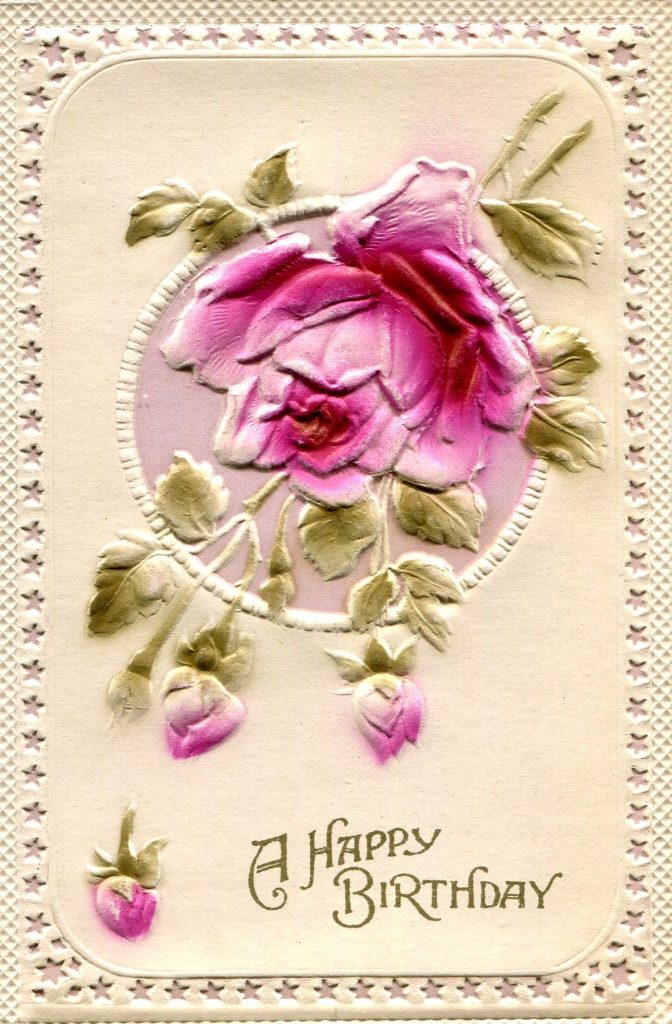
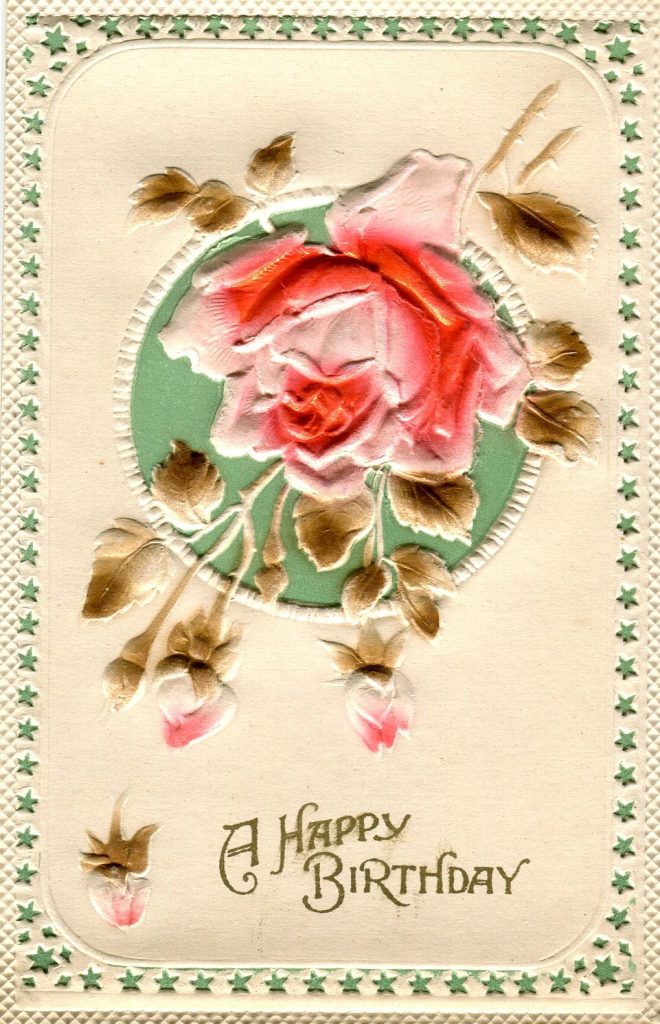
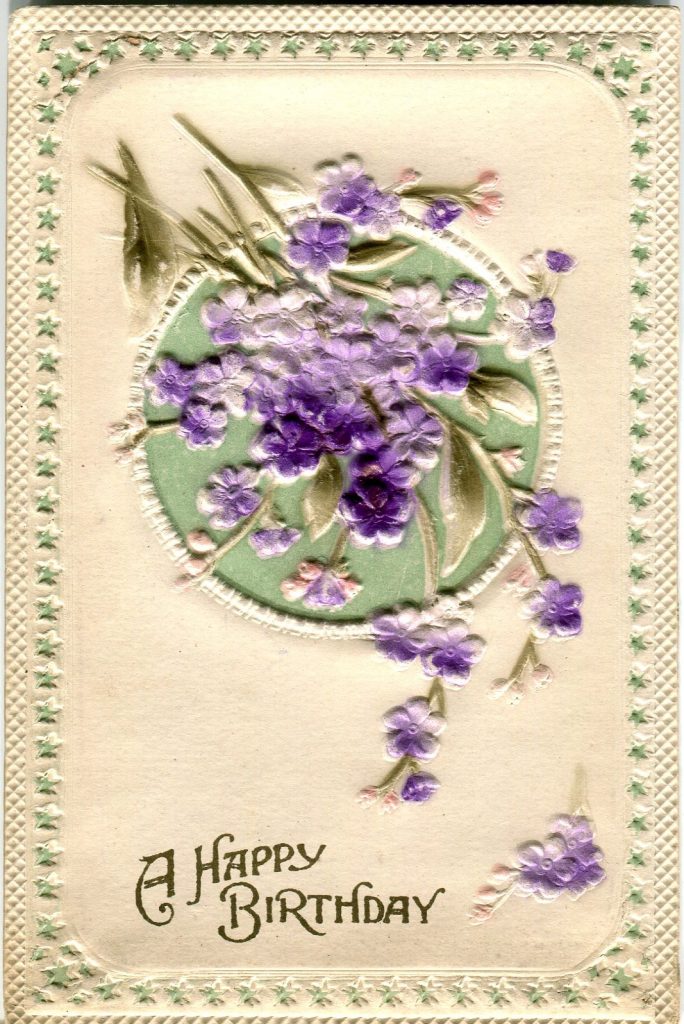
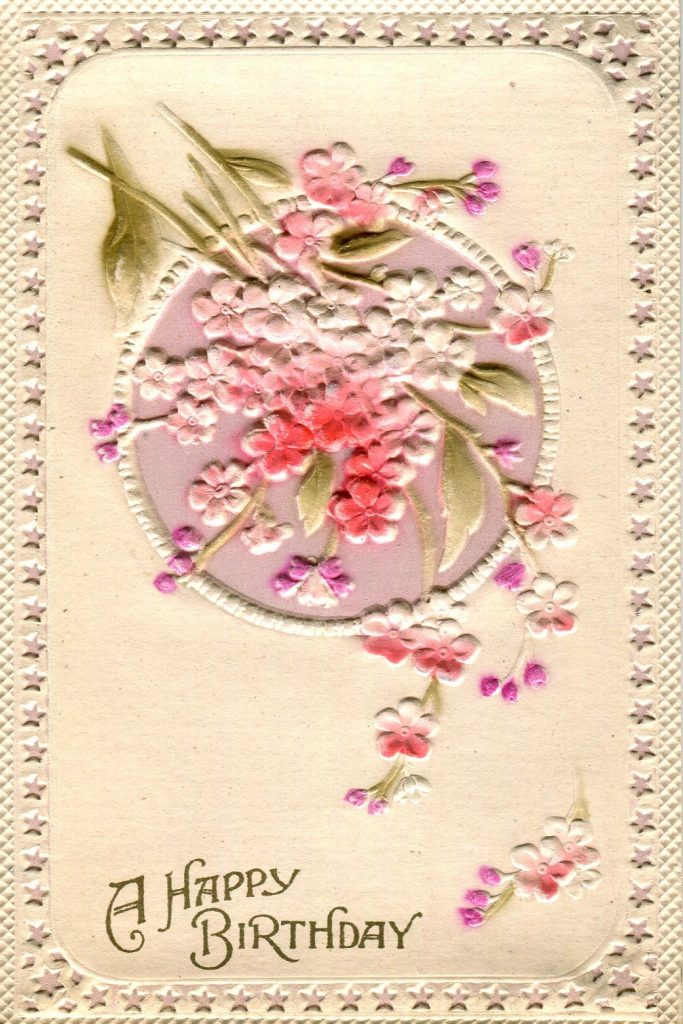
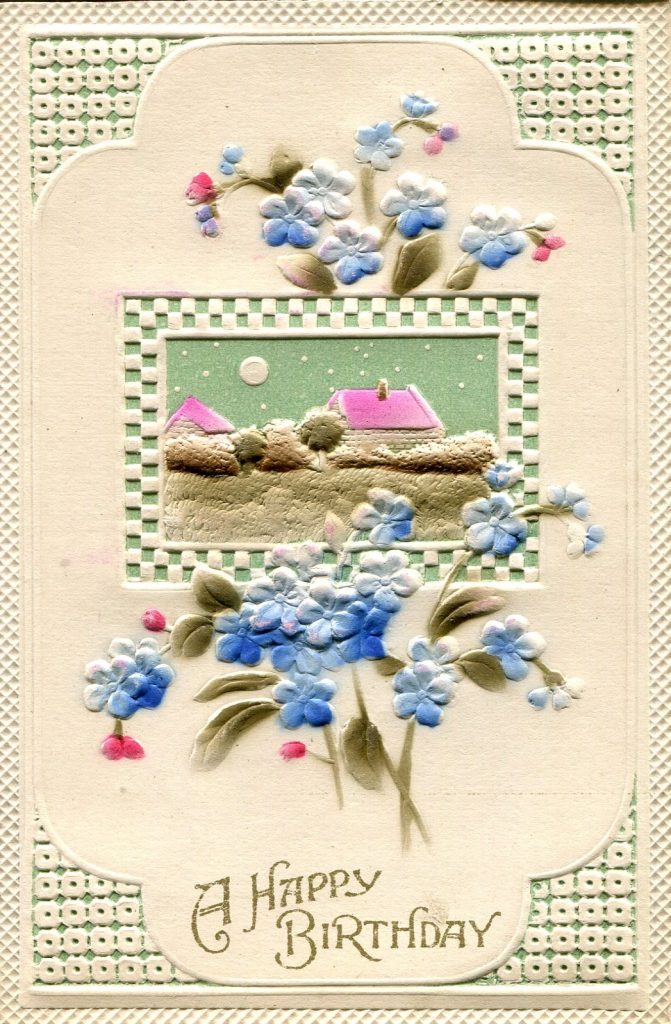
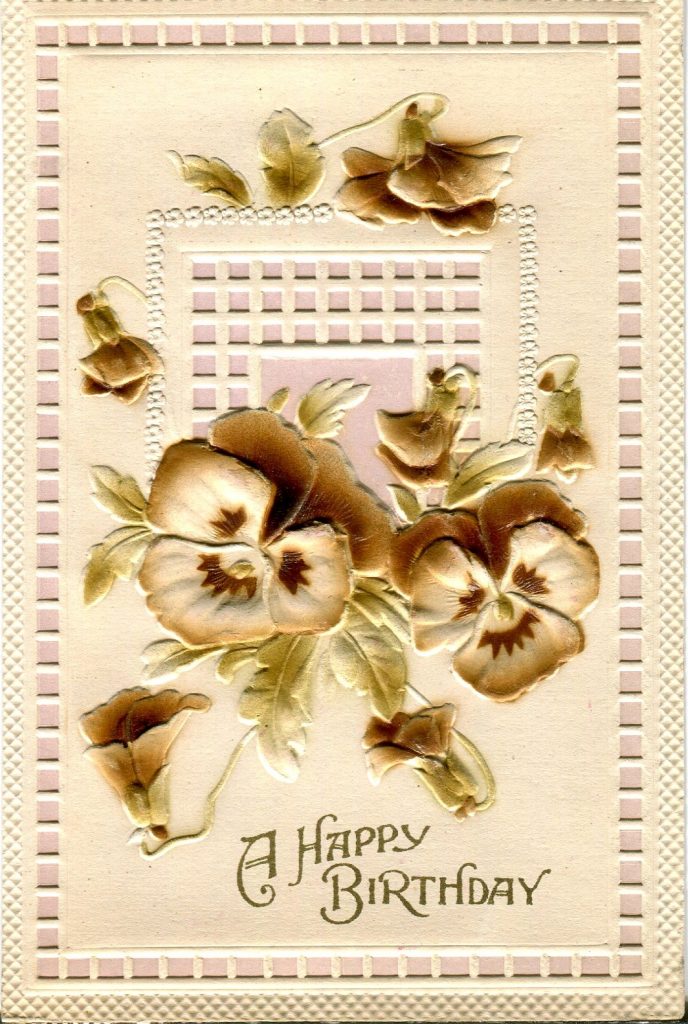
As I type, I have a calendar on my desk in whose pages I have noted the birthdays of people who will be receiving greetings from me on Facebook or Twitter when the relevant days roll around, Since my mother died earlier this year, I won’t be able to send her a card in October, which will bring an end to a streak of many years of acknowledging the anniversary of her birth.